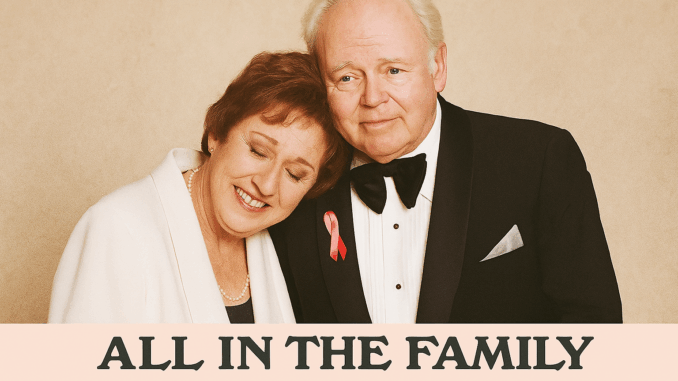
Archie Bunker was meant to be despised, yet he became one of America’s most beloved TV characters. Discover the real story behind his legacy and why audiences couldn’t look away.
A Character America Was Supposed to Hate
When All in the Family premiered in 1971, Archie Bunker wasn’t designed to be a hero. He was loud, stubborn, and often offensive—a mirror of the prejudices and generational clashes shaping America at the time. Norman Lear, the show’s creator, wanted Archie to spark debate, not admiration. But audiences had other plans.
Why Archie Struck a Chord
Despite his flaws, Archie was more than a caricature. Carroll O’Connor infused the character with humor, vulnerability, and moments of surprising tenderness. Viewers saw pieces of their own family in Archie—the uncle at the dinner table, the neighbor down the street—and it made him strangely relatable.
From Villain to Icon
What was meant to be satire transformed into something greater. Archie became a cultural touchstone, a character people loved to argue with, laugh at, and even root for. His contradictions made him unforgettable: offensive yet oddly lovable, harsh yet deeply human.
The Legacy of Archie Bunker
Decades later, Archie Bunker remains one of television’s most iconic figures. His presence sparked conversations about race, gender, class, and politics in ways no sitcom ever had before. More importantly, he showed that comedy could challenge audiences while still making them laugh.
Why America Still Talks About Him
Even today, Archie is studied as both a product of his time and a character who transcended it. Love him or hate him, he forced America to look at itself honestly—and that’s why he’s still remembered as one of TV’s greatest creations.